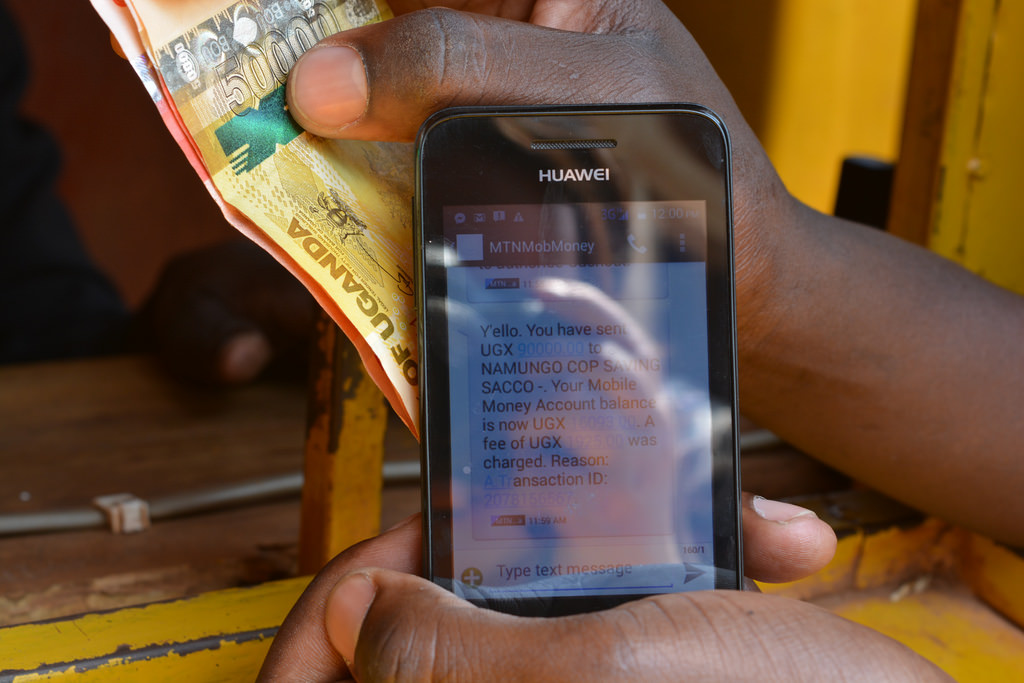Everything seems perfect. In fact too perfect. Only that nobody is investing yet, for fear of another bubble…
Africa is rising and if you’re not investing- you’re missing out. There’s been a lot of conversation around this topic since 2010 prompted by shrinking markets in America and Europe (Germany), China’s selfish unwavering grip on most of Asia, and coupled with socialist tendencies in Latin America…think Bolivia’s nationalisation of Spanish oil interests.
These external factors make Africa attractive are augmented by unprecedented internal growth and increasing stability on the continent…and the forecasts are even better. Africa is also a truly capitalist continent – people here are hardwired for profit. And now everything seems perfect…in fact too perfect. Only that nobody is investing yet, for fear of another bubble.
Rewind 15 years back and the situation around the world today, is similar to what it was then.
By early 1990, the U.S. found itself in a recession — the first one in post WWII history that was long and drawn out. Though it wasn’t a terribly deep recession — it technically ended in March of ’91 — recovery was relatively slow. Manufacturing never fully rebounded. And even the shift to the service economy was protracted.
1997 saw the eruption of the East Asian financial crises in which some combination of crony capitalism and massive debt brought the Thai, Indonesian, South Korean, and Taiwanese (to name just a few) economies to their knees. China managed to avoid the brunt of the damage with tight capital controls. But then in 1998, the Ruble crisis hit Russia. These were unique animals in that usually, either banks go bust or your currency goes worthless. Here, we saw both. So your money was worthless, and the banks had none of it. Zero times zero is zero.
The technology bubble in the late 90s was a knee jerk reaction to the recession. The old economy had failed, so people rallied around technology as the saviour even though they hardly understood it. What followed was a crazy frenzy with tech startups being overvalued. A frenzy that Alan Greenspan famously described as irrational exuberance.
Then there was the bubble. And since bubbles tend to go pop, it did. Investors then turned back to the old economy, one they understood. Unfortunately, the old economy has failed them, again.
Dejavu?
No. We are in the middle of a global financial crisis that’s been long drawn, longer than most experts predicted and like the 90s technology which seems to provide panacea, may yet turn out to be our Achilles heel. But VCs now have the benefit of understanding unlike then.
Investors understand that despite the attractive growth of the continent, there’s need to proceed deliberately and backed with data. And data is one thing that’s hard to come by in Africa. This data needs to come through incremental experiments within a technology ecosystem, an ecosystem that they’ll also need to build as they go along.
Africa also realises that it’s being courted and it wants a big part of the action and the governments are investing in creating the ecosystem that investors need. While other African governments like Ghana, South Africa and Kenya are making grand plans for the future, the Nigerian government has taken a different approach with a workable short term strategy and as well as a long term vision.
The Nigerian government is investing $1bn in software incubation centres (Information Technology Development Entrepreneurship Accelerator – iDEA) that will help build profitable and successful companies by 2015.
So while some investors were waiting, things having begun to move at a fast pace. While there may be genuine concerns of another bubble, the Nigerian government has appointed a yet to be named US VC and fund manager with experience and understanding of the business of technology and valuations.
At the end of 2015, profit alone will matter in evaluating the new investments and businesses from IDEA.
Francis Onwumere is co-founder and president of Prowork, a project management and collaboration solution for business.




















